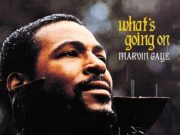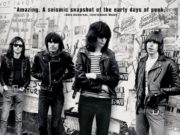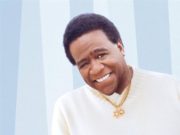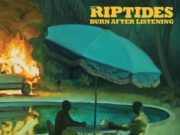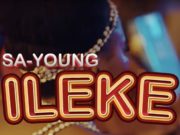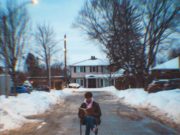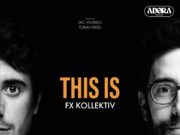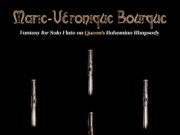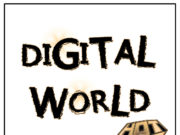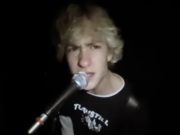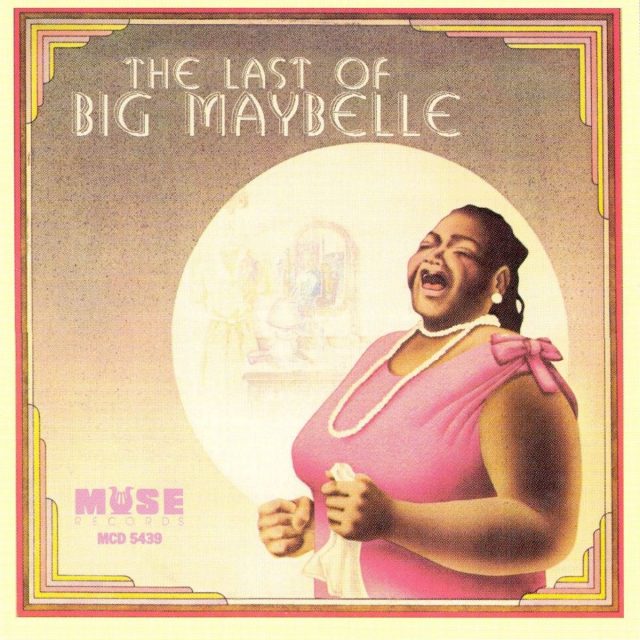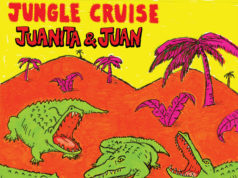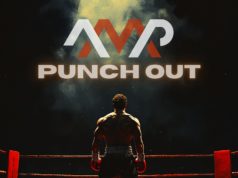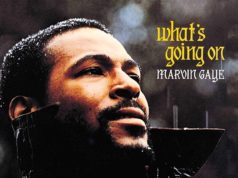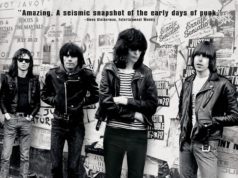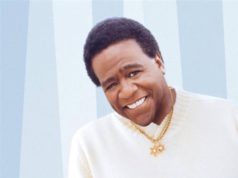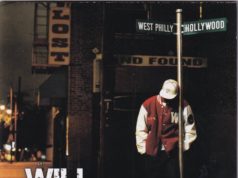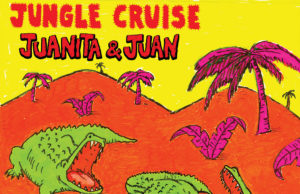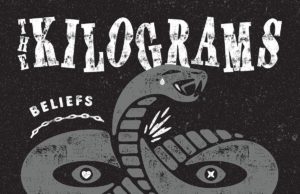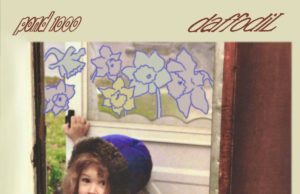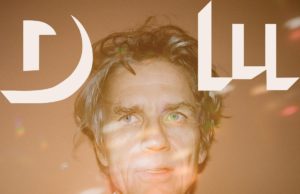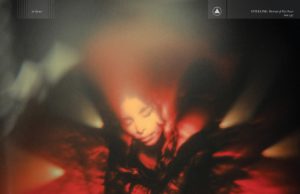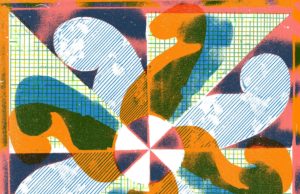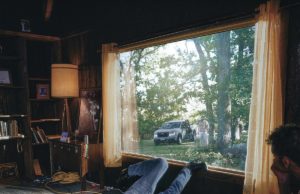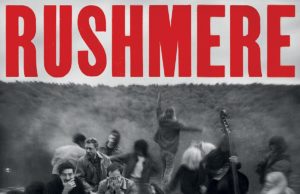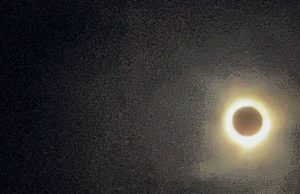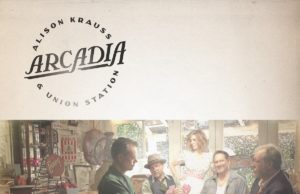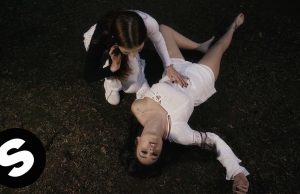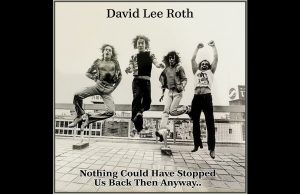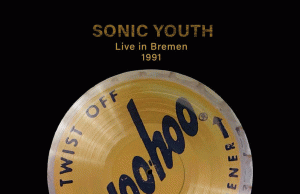 Neither myself nor my sweetie Chelle had ever heard of Big Maybelle before, so when she spotted a double album of hers at a recent trip to one of my favourite used-record haunts, we grabbed it on spec. It’s one of those albums where 10 seconds in, you already know it’s something special. OMFG. How have I never heard of her?
Neither myself nor my sweetie Chelle had ever heard of Big Maybelle before, so when she spotted a double album of hers at a recent trip to one of my favourite used-record haunts, we grabbed it on spec. It’s one of those albums where 10 seconds in, you already know it’s something special. OMFG. How have I never heard of her?
The album we got is called The Last Of Big Maybelle, from 1973. As it turns out, it’s a lovingly curated collection of her late-career recordings, issued one year after her untimely death at age 47. A longtime heroin addict, the incredible vocalist had been ill for nearly two years and was in a diabetic coma when she died.
I don’t mention this stuff to sensationalize the story — I do it because it’s such a tremendous tragedy and loss. It was bad enough that this enormous talent flew under the radar for much of her career, but it’s even worse that it happened when she may have been on the verge of a late-career renaissance. Having already proved herself singing gospel, big-band jazz and rhythm and blues, she really seemed to be at home singing contemporary rockin’ and funky soul. Goodness knows there was a market for that in the 1970s.
She actually did Whole Lotta Shakin’ Goin’ On before Jerry Lee Lewis — in 1955, had her biggest hit with Candy in 1956, and had a minor hit in 1967 with a cover of 96 Tears on an album called Got A Brand New Bag.
The Last Of Big Maybelle demonstrates that you shouldn’t always believe everything you read about her “career decline.” Despite health and addiction issues, these final recordings are powerful and inspired. You just can’t find the album on Spotify. But, never fear, I made you a reasonably close playlist at the bottom of this article.
The killer opening track Winnie Widow Brown isn’t there at all, so it’s YouTube to the rescue. The song was written by Mack Rice, who also penned Mustang Sally and Respect Yourself, the latter for The Staple Singers. It has Blues Brothers-like production and instrumentation — drums, harmonica, two guitars, bass and piano. But, her voice is so great. The phrasing, the deep, gravelly character and timbre and a seemingly natural or effortless ability to be the lead instrument. Everyone and everything takes its cue from the intense Maybelle. If you want to see her in her prime, check out this clip from the documentary Jazz On A Summer’s Day, which includes her performance at the 1958 Newport Jazz Festival.
But back to The Last Of Big Maybelle. The opening track See See Rider is one everyone knows, and this version isn’t especially great, aside from the likeable and raspy and soulful vocal. The backing track is uninspiring. But at least it doesn’t have the pompous intro Elvis’s live versions did.
I Am Lost shows you the kind of schmaltz Maybelle could have been counted on for during the mid-’70s days of strings-drenched ballads by the likes of Lou Rawls, Barry White and Diana Ross. While that’s not my bag, No Better For You is awesome. I love the needless echo on her voice and the snare drum. It’s like The Byrds, for gawd’s sake. Similar overproduction exists on Big Sweet Daddy, but this time it’s phaser on the drums. I love it. This is actually a lot like mid-’90s Ween.
Cold Heart starts with some brief studio chat, and then goes into what may well be the first and only take. The rhythm changes less than a minute in, for what could only be described as Americana soul. Jeebus, the drummer is boring. Long, long fade out on a two-minute song is also curious. There’s better production on Blame It On Your Love, but with uber-’70s strings and a Halloween organ buried in the mix.
Your Turn To Cry sounds like a kids’ song with adult vocals. Man alive, was she ever blessed with a voice. This is not a great argument for the use of studio musicians instead of an artist’s touring band. They don’t seem inspired. Poor Maybelle didn’t stand a chance of a late career renaissance with these place-fillers.
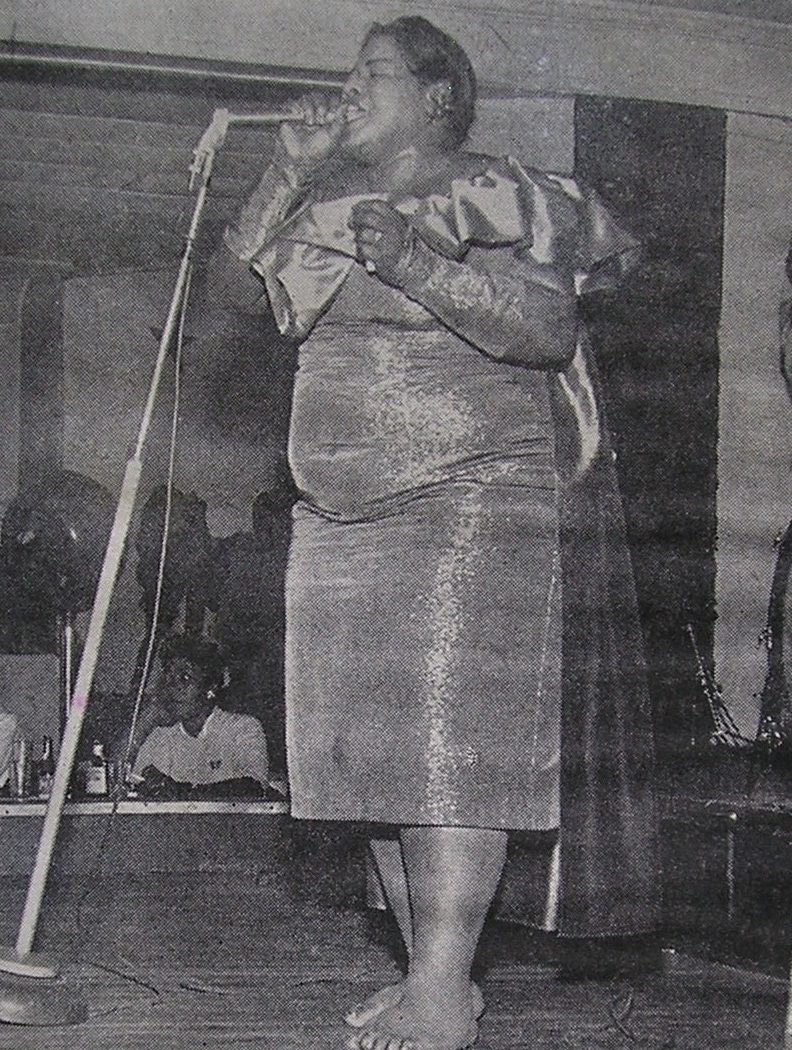
How It Lies has a bit of James Brown tight funk happening. Cool drums, nice horns and saxes. My Mother’s Eyes is a beautiful ballad that could have worked in the Goodfellas soundtrack. Old Love Never Dies is one of the best on the compilation, something like Otis Redding’s I’ve Been Loving You Too Long, but with textbook white-blues Stratocaster. It’s Been Raining has some good drum production for a change — and backing vocals! This is a great song with nice turnarounds. What A Difference A Day Makes is a croony showcase, but also exposes the wear on Maybelle’s ability to deliver. There’s not much of this on the album.
Gloomy Sunday is much the same, but in this case the wear adds potency. It also helps that Maybelle seems to really find lots of meaning to communicate in the lyrics. I imagine Amy Winehouse could have knocked this one out of the park. Why Was I Born is a forgettable one — very motel loungey. The Masquerade Is Over is much better. I imagine this one on a TV variety show. A much-needed up-tempo number comes next — Careless Love. Unfortunately, it’s a bit of a throwaway ’50s number.
Maybelle Sings The Blues, as you might hope, is a standout. I’d love to hear this live, though I suppose this basically is. This woman had the talent, the gifts and the blues to make this an incredible track. This Bitter Earth has flutes, but somber flutes. It’s a blues ballad and I don’t really go for this kind of thing. She does a great job of it, however.
This album should have included the excellent Heaven Will Welcome You Dr. King. I added it to my playlist because you need to hear it. Everyone needs to hear Big Maybelle, and somebody should do a proper doc or biopic. She’s been overlooked for far too long.
3.5/5
• • •
Area Resident is an Ottawa-based journalist, recording artist, music collector and re-seller. Hear (and buy) his music on Bandcamp, email him HERE, follow him on Instagram and check him out on Discogs.




